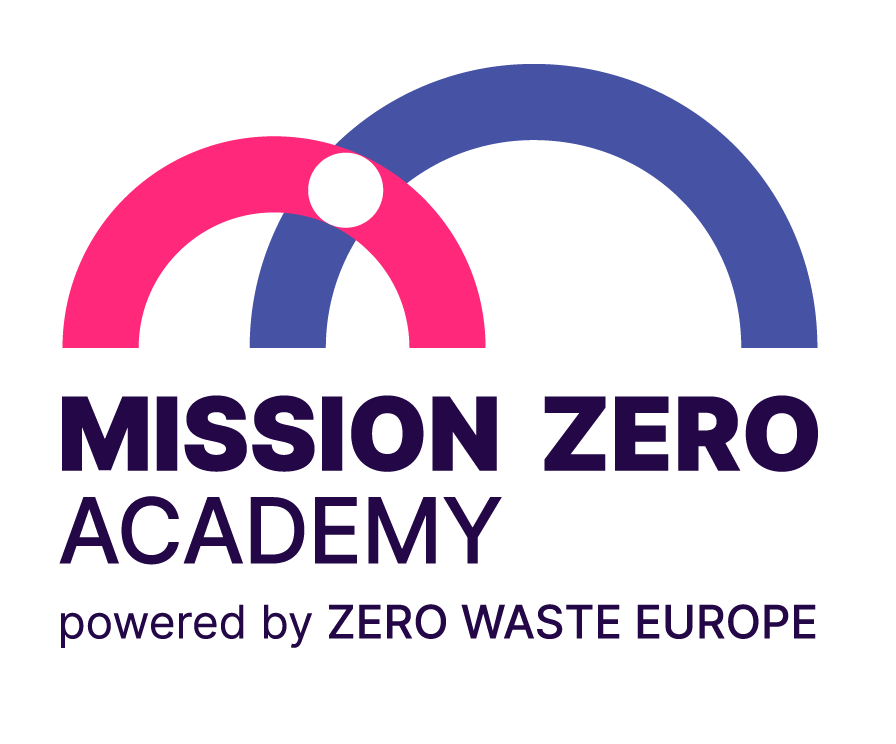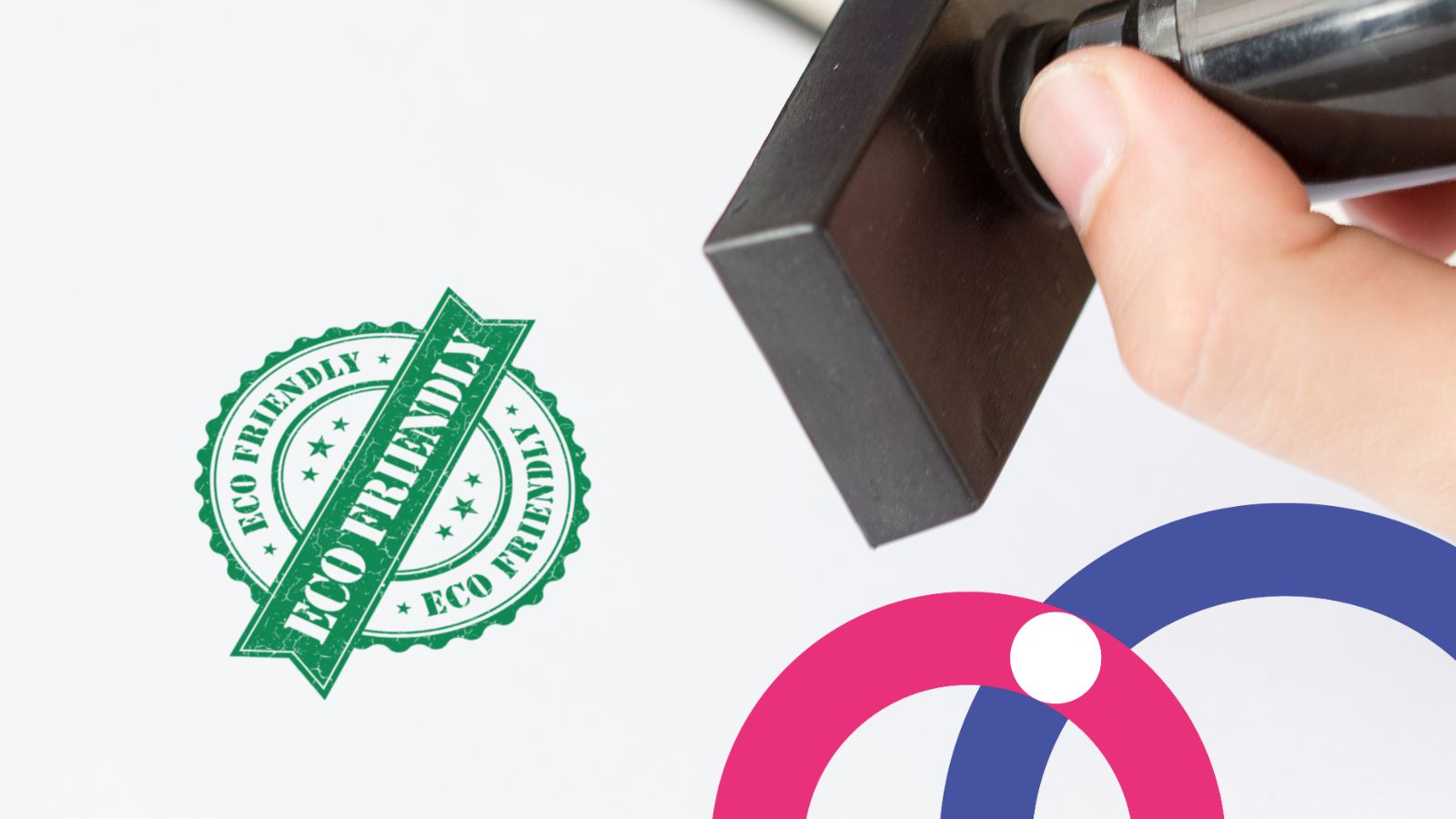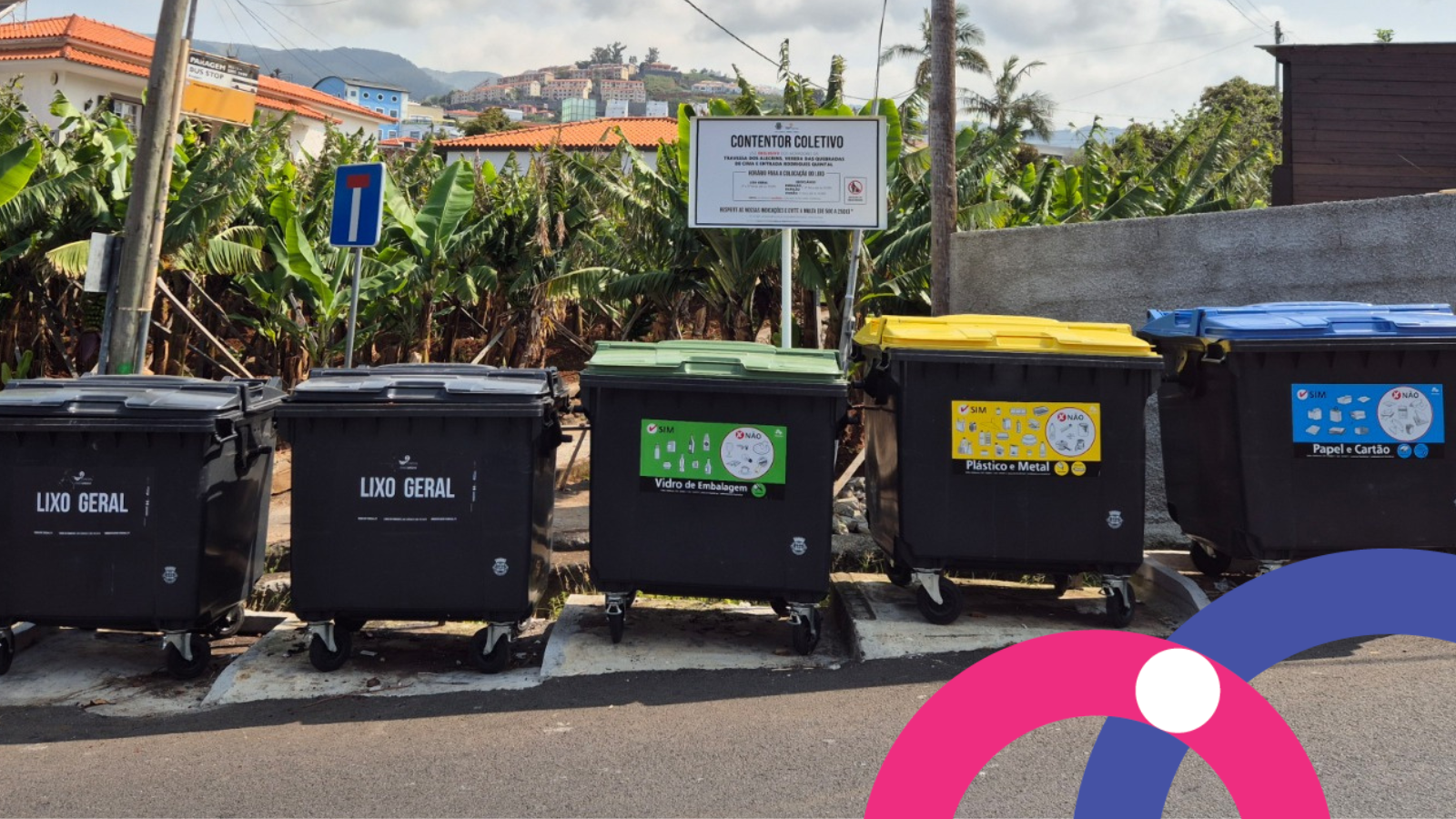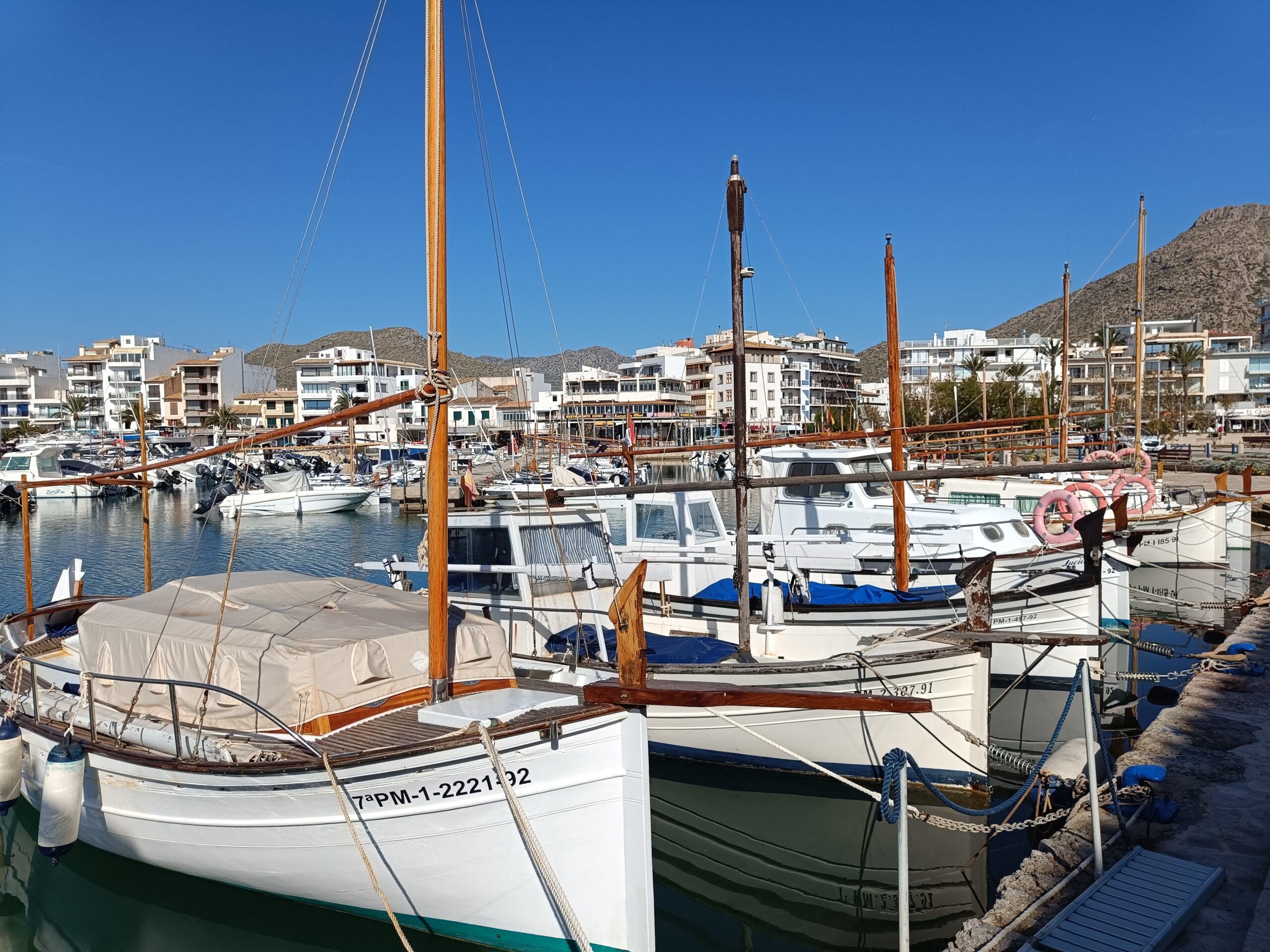As hotel professionals, it is essential to stay informed about regulatory changes that could impact your operations. One such change on the horizon is the European Packaging and Packaging Waste Regulation (PPWR), slated for adoption by the end of 2024. Let’s unpack what these changes mean for hotel businesses and how you can prepare.
What is the PPWR and How Does it Affect Businesses?
The PPWR is a comprehensive set of rules designed to minimise the environmental impact of packaging materials across various sectors. Encompassing everything from transport packaging to beverage containers, this regulation sets targets for reuse, recycling, and sustainability.
The PPWR introduces sector-specific packaging reuse targets aimed at reducing environmental impact. For hotels, compliance with these targets will need adjustments in how packaging materials are managed and used within their establishments.
Transport Packaging: Meeting Reuse Requirements
For hotels involved in transporting goods, it’s crucial to adhere to packaging reuse targets. By 2030, a minimum of 40% of transport packaging must be reusable, with a goal of reaching 70% by 2040. Additionally, by mid-2026, 100% of the packaging used between different sites of the same operator must be reusable, stressing the importance of intra-industry sustainability efforts.
In practice, this would mean that the supplies delivered to hotels would be in reusable crates, bags and boxes. By preferring local produce and suppliers, this action becomes much easier as the reverse logistics is easier to organize. The supplier benefits from not having to buy packaging materials and the hotel saves on waste management costs. This has proven to be a win-win for example in Slovenia.
Grouped Packaging and Beverage Packaging: Meeting Reuse Benchmarks
Hotels employing grouped packaging for amenities or beverages provided to guests must align with reuse targets outlined in the PPWR. By 2030, at least 10% of grouped packaging must be reusable, with a projected increase to 25% by 2040. Similarly, for beverage packaging, such as bottled drinks offered in minibars or restaurants, hotels must aim for a minimum of 10% reusable packaging by 2030, rising to 40% by 2040.
Requesting drinks already now in reusable packaging helps being prepared. Another alternative is to invest in your own water bottling machine like The Hotel Chedi in Montenegro did, saving waste, money and effort while creating positive collaboration with the community around.
Retail and HORECA Sector Obligations: Encouraging Reuse and Refill
In addition to sector-specific targets, the PPWR introduces obligations for the retail and HORECA (Hotel, Restaurant, and Catering) sectors to promote reuse and refill practices. This includes bans on single-use plastic packaging (including small shampoos and sachets of toiletries and consumable products); and requirements for offering refill stations for both food and non-food products.
The very practical alternative for the small toiletries is having large, refillable containers in the bathrooms and many hotels already have them as a standard practice. Changing small coffee sachets in the rooms is less common but one alternative is to make an attractive coffee and tea bar in the corridors with a real coffee machine and nice, loose leaf teas.
Environmental Claims and Communication
Under the PPWR, environmental claims regarding packaging must meet minimum requirements and specify the scope of their applicability. Hotels must ensure each and every environmental claim aligns with the regulation’s criteria, including recyclability, recycled content, and reusability. Proper communication and transparency regarding packaging practices are essential for maintaining consumer trust and compliance with regulatory standards.
Preparing for Compliance: 4 Key Steps for Hotels
- Assess current packaging practices: conduct an audit of existing packaging materials and identify areas for improvement in alignment with PPWR requirements.
- Implement reusable solutions: transition to reusable packaging options where feasible, such as refillable amenity containers or beverage dispensers.
- Educate staff and guests: train employees on proper packaging handling procedures and communicate sustainability initiatives to guests to foster support and participation.
- Monitor compliance: regularly review packaging practices to ensure adherence to PPWR targets and adjust as needed.
By proactively addressing the implications of the PPWR, hotel professionals can minimise environmental impact, enhance their brand reputation, and appeal to increasingly eco-conscious consumers. Embracing sustainable packaging practices is both a regulatory necessity and a strategic opportunity to differentiate and thrive in a changing hospitality landscape.
You are a hospitality specialist? You want to future proof your business? Join us for our upcoming webinar on 6 June 2024 at 2pm CET. Register here.





